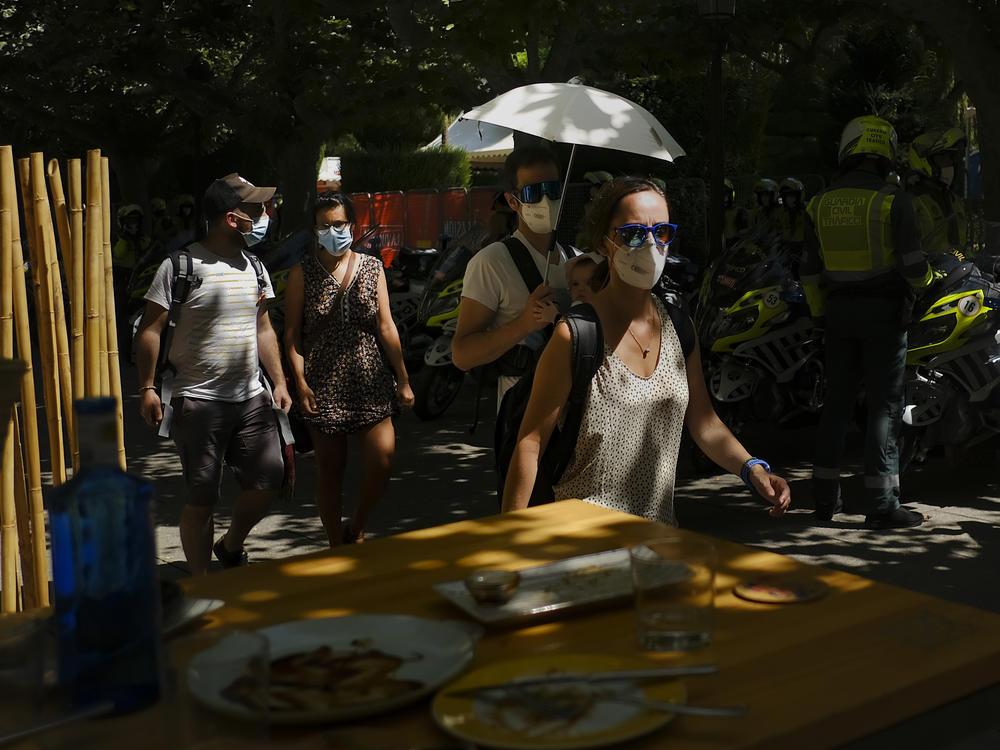Section Branding
Header Content
Seville becomes the first major city in the world to categorize and name heat waves
Primary Content
The city of Seville, Spain has announced plans to become the first major city in the world to start naming and categorizing heat waves, the same way tropical storms and hurricanes are named in other parts of the world. The effort is set to begin in 2022
The city's mayor, Juan Espadas, said in a statement on Monday that he's proud that Seville, located in one of the hottest regions of Spain, is the first city to start naming and categorizing heat waves. He hopes other cities in the world also take on the idea.
"Extreme heat waves are becoming more frequent and devastating as a direct effect from climate change. Local governments should address the threat heat poses to our populations, particularly the most vulnerable, by raising awareness of heat-health related hazards through evidence based data and science, Espadas said.
In order to come up with the system, the city is collaborating with the Atlantic Council, Spain's meteorological agency, the Spanish Agency for Climate Change and two universities.
The group says the system of categorizing heat waves will be based on their impact on human health. Doing so will also help the city's emergency and disaster planning — if a heat wave is ranked as particularly hot and dangerous, categorizing it as so could lead the city to open more air conditioned shelters or add extra staff in hospital emergency rooms.
As climate change worsens, heat waves have become far more prevalent around the world, and disproportionately impact people of color.
In the United States, heat is the biggest weather-related killer, according to the Environmental Protection Agency. This past summer, about 800 people are thought to have died in the heat wave that struck the Pacific Northwest.
Copyright 2021 NPR. To see more, visit https://www.npr.org.

